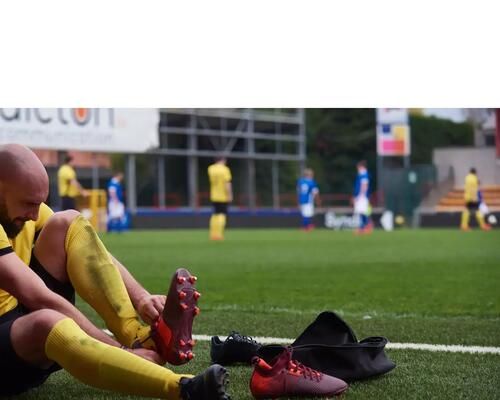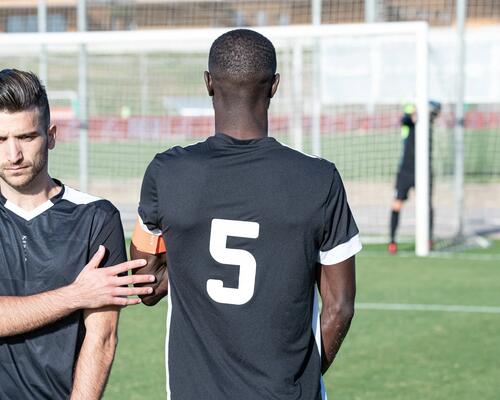Sports that complement football
The second option is to do a complementary sport instead. This is often a popular choice as players will enjoy the chance to break up their routine with another sport. It makes training a bit more fun too, while still improving fitness and technical skills. It can even teach you something new about yourself.
The best complementary sports are:
> futsal: this is the most unforgiving type of football, so it's perfect for honing individuals' skills, particularly footwork, ball control, passing, and the ability to draw errors and dribble. It teaches players to be highly mobile and to get free even when they don't have much space. Since everybody attacks and defends in futsal, there's a lot of cardio work, communication and team tactics.
> 5-a-side: the "fun" form of football, which evens out the skills gaps between players. The ball rarely goes out of play, so you get much more game time.
> basketball: a sport that trains your cardio fitness, your movement around the court, your ability to get free, and your agility.
> strength training: on the one hand, you've got all of those famous proprioception exercises that train your body's control and stability with the aim of potentially preventing injury. And then you've also got your classic strength exercises, core workouts, etc.
> football tennis: great for working on individual ball skills (particularly ball feel).
> obstacle courses with modular accessories: either with a ball, to practise dribbling and technique, or without a ball to train agility and fitness.
For coaches, it's also a chance to chat to their players individually during drills where players are taking it in turns. The aim of this is to understand how things are going for that player right now, give them some feedback on their strengths and things they need to work on, find out how they feel within the group, and discuss plans for their sporting and academic future, in the case of younger players.






